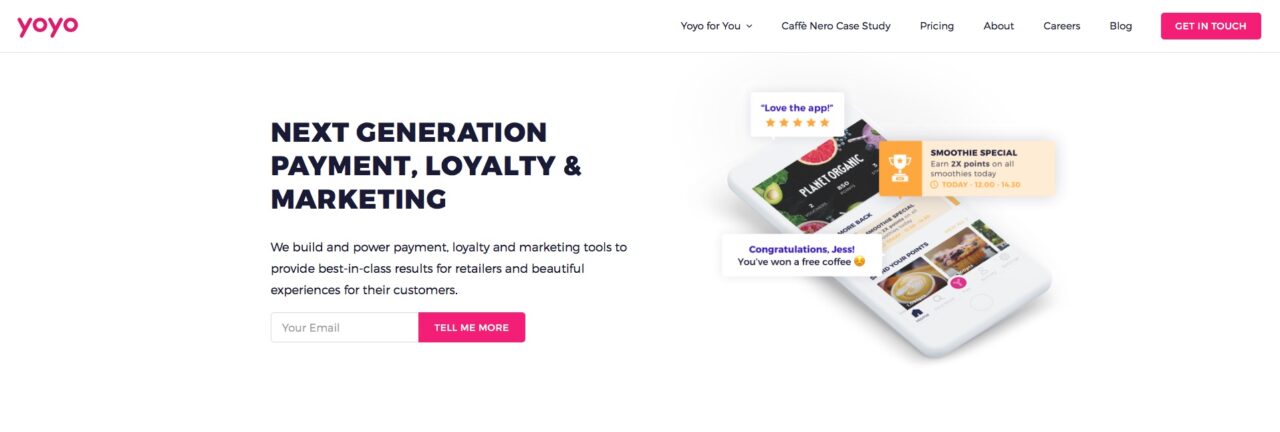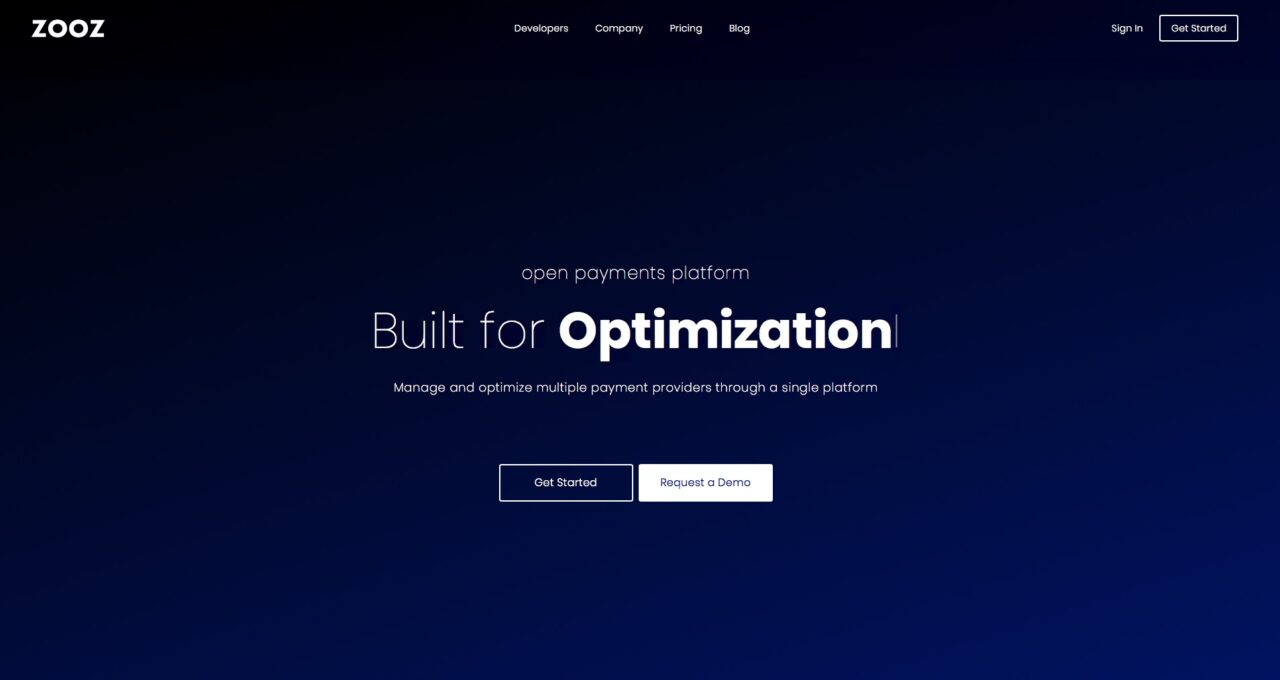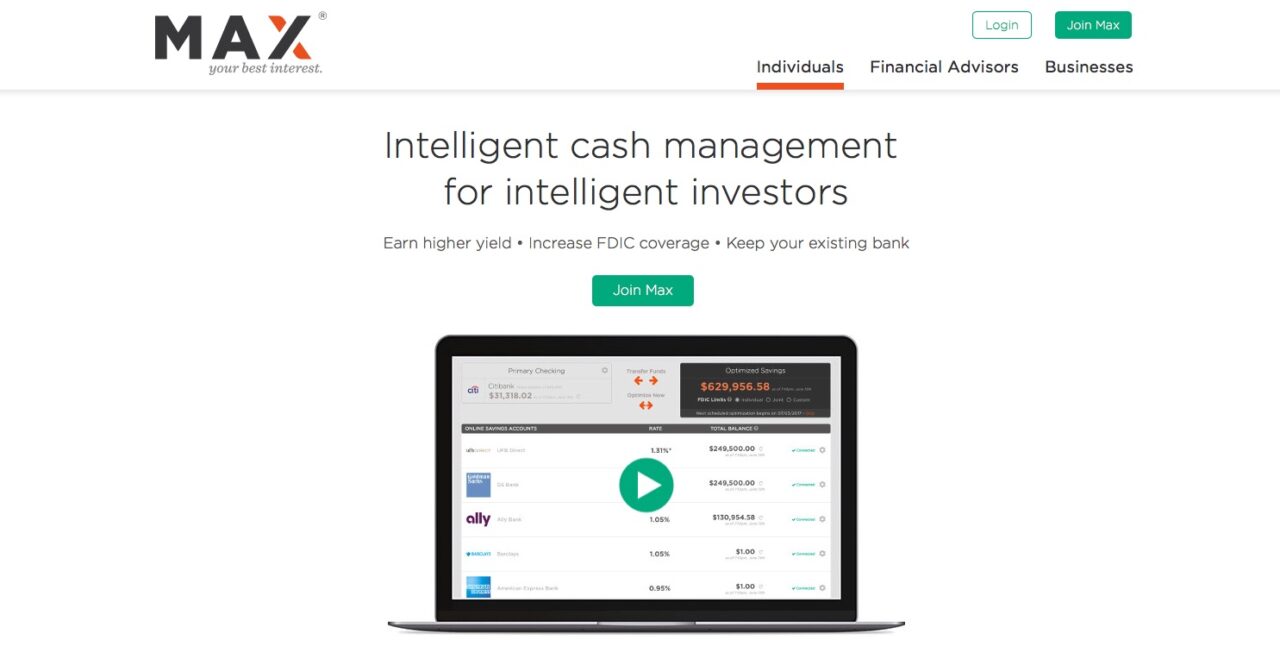Coinbase has enabled its European and Australian customers to use their hard-minted cryptocurrencies to buy virtual gift cards from more than 120 retailers.
“Making crypto easier to use, trade and spend is a core part of our efforts to improve the customer experience,” Coinbase U.K. CEO Zeeshan Feroz wrote at the company blog. “With the launch of e-gift cards, customers now have the option to spend their crypto balances, realizing its value to buy tangible things or experiences.”
The new offering comes courtesy of a partnership with U.K.-based WeGift, and lets Coinbase customers to use their cryptocurrencies to buy e-gift cards from retailers including Google Play, Nike, Uber, Tesco, Ticketmaster, and more. Customers in the U.K., Spain, France, Italy, the Netherlands, and Australia can take advantage of the feature now. Feroz indicated that additional retailers and markets will be added over the next three months. The company hopes to expand the service to customers in other countries “soon after.”
Coinbase is a digital asset wallet and platform that enables consumers and merchants to transact in cryptocurrencies including Bitcoin, Ethereum, and Litecoin. With more than 20 million users and $150 billion transacted to date, Coinbase’s solutions include Coinbase Pro, a cryptocurrency trading platform for individual investors (formerly GDAX); Coinbase Prime, the company’s professional treading platform for institutional customers; and Coinbase Commerce, a solution to enable businesses to easily and securely accept cryptocurrency payments. In addition to offering a digital API for developers, Coinbase maintains a venture fund, Coinbase Ventures, to support crypto-based startups.
Founded in 2012, Coinbase demonstrated the Instant Exchange feature of its cryptocurrency platform at FinovateSpring 2014. Instant Exchange enables merchants to accept Bitcoin payments with zero exchange rate risk. Merchants instantly sell the Bitcoins they receive as payment throughout the day to Coinbase at the market exchange rate at the time of the transaction. Less a 1% exchange fee, Coinbase clears the dollar sum total for all sales by ACH transfer at the end of the day.
Earlier this month, Coinbase announced general availability for its Coinbase Custody solution, which combines a cold storage for crypto assets, an institutional-grade broker-dealer and reporting services, and a client coverage program. In June, the company opened its crypto index fund to accredited investors in the U.S., unveiled a new office in Portland, Oregon, and announced a new Japan CEO as part of an expansion into Asia. This spring, Coinbase introduced a variety of solutions geared toward helping institutional investors take advantage of digital assets, and hired its first Chief Technology Officer, Balaji Srinivasan.
With more than $225 million in funding and a valuation north of $1.6 billion, Coinbase is one of fintech’s more recent unicorns (companies with a valuation of more than $1 billion). Its U.K. office serves the hub for its Coinbase’s European operations, and is one of the company’s main engineering facilities outside of San Francisco. Brian Armstrong is CEO and co-founder.











